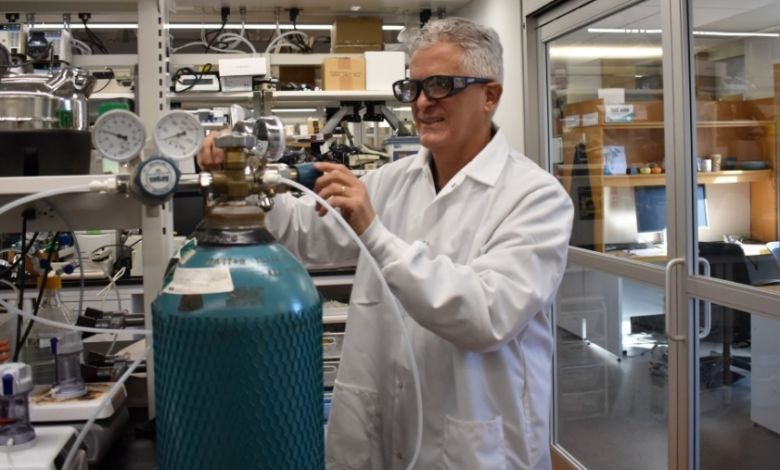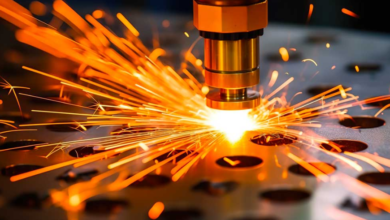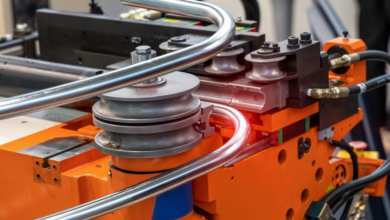Selecting the Best Lab Water Purification Equipment

Introduction to Lab Water Purification Equipment
Lab water purification equipment is a critical component for any research, clinical, or industrial laboratory. The quality of water used directly affects the accuracy of experiments, reproducibility of results, and safety of laboratory processes. High-purity water is required for chemical analysis, microbiology, molecular biology, and pharmaceutical research, making lab water purification equipment an essential investment.
Choosing the right equipment ensures that impurities, contaminants, and microbes are effectively removed. Reliable lab water purification equipment enables laboratories to perform experiments with confidence and maintain consistent standards.
Understanding Purification Technologies
Lab water purification equipment utilizes a range of technologies to produce high-quality water. Common methods include reverse osmosis, deionization, ultrafiltration, and UV sterilization. Each method is designed to target specific contaminants and can be combined in multi-stage systems for optimal water purity.
Reverse osmosis removes dissolved salts and inorganic compounds, while deionization eliminates ionic contaminants. Ultrafiltration removes fine particles, bacteria, and endotoxins, and UV sterilization destroys microbial contaminants. A combination of these technologies ensures water meets stringent laboratory requirements.
See also: How Smart Home Technology Is Redefining Interior Design
Determining Water Quality Needs
Different laboratories have varying water quality standards. Analytical laboratories may require ultrapure water for instruments such as HPLC or mass spectrometry. Clinical laboratories need water that meets specific regulatory standards to ensure accurate diagnostic results.
Understanding the required water resistivity, total organic carbon (TOC), and microbial content is essential before selecting lab water purification equipment. The system should consistently deliver water that meets these specifications without fluctuations.
Evaluating Equipment Quality
The quality of lab water purification equipment directly impacts laboratory operations. Equipment should be built from durable, corrosion-resistant materials and feature high-quality purification modules. Reliable systems maintain performance even under heavy laboratory usage.
Reputable suppliers provide technical specifications, quality assurance documentation, and certifications to verify compliance with international standards. Routine maintenance and service support also help maintain equipment performance and extend lifespan.
Technical Support and Maintenance
Technical support is a crucial consideration when selecting lab water purification equipment. Systems require regular maintenance, filter replacement, and troubleshooting to operate effectively. A supplier offering responsive technical support ensures uninterrupted laboratory operations.
Training laboratory staff on proper equipment handling, maintenance schedules, and safety procedures enhances system efficiency, prevents contamination, and extends equipment life. Access to a knowledgeable support team is a key factor in selecting a supplier.
Cost and Long-Term Value
While cost is an important factor, it should be balanced with long-term value. High-quality lab water purification equipment may have a higher upfront cost but offers better performance, lower maintenance requirements, and longer operational life.
Many suppliers offer flexible payment options, service packages, and bulk discounts. Evaluating total cost of ownership, including consumables, energy use, and maintenance, ensures that laboratories make cost-effective and sustainable investments.
Supplier Reputation and Reliability
The reputation of a supplier providing lab water purification equipment reflects the reliability of their products and services. Established suppliers with positive client feedback, proven track records, and relevant certifications are more likely to deliver consistent quality and dependable service.
Laboratories can assess supplier reliability through customer testimonials, case studies, and industry references. Networking at trade shows and conferences can also help identify suppliers with a strong presence in the laboratory equipment market.
Technological Innovation
Modern lab water purification equipment often includes advanced features to enhance efficiency and ease of use. Automated monitoring systems, real-time water quality alerts, and remote diagnostics improve laboratory workflow and reduce the risk of operational errors.
Selecting a supplier that invests in research and development ensures access to cutting-edge technologies. Innovative systems offer improved performance, reduced energy consumption, and enhanced user experience, allowing laboratories to maintain high standards consistently.
Sustainability and Environmental Responsibility
Sustainability is becoming increasingly important in laboratory operations. Lab water purification equipment designed for energy efficiency, minimal water waste, and recyclable components helps laboratories reduce their environmental impact.
Eco-friendly systems align with corporate responsibility goals and may also lower operating costs. Reducing water consumption and energy use contributes to a greener laboratory environment without compromising performance.
Building Long-Term Supplier Relationships
Choosing lab water purification equipment is more than a one-time purchase; it involves establishing a long-term partnership with a reliable supplier. Suppliers that provide consistent quality, timely deliveries, and comprehensive support contribute to smooth laboratory operations.
Regular communication with the supplier ensures laboratories are informed about new products, system upgrades, and maintenance schedules. A strong partnership improves laboratory efficiency, minimizes downtime, and supports long-term research success.
Selecting the right lab water purification equipment requires careful evaluation of purification technologies, water quality needs, equipment reliability, technical support, cost, supplier reputation, innovation, and sustainability. A dependable supplier ensures uninterrupted access to high-purity water, which is essential for accurate research and laboratory operations.
Conclusion
Investing in high-quality lab water purification equipment not only enhances experimental accuracy but also contributes to operational efficiency, safety, and long-term success. Partnering with a trusted supplier provides laboratories with reliable solutions, expert support, and consistent performance, ensuring research and production goals are consistently met.




